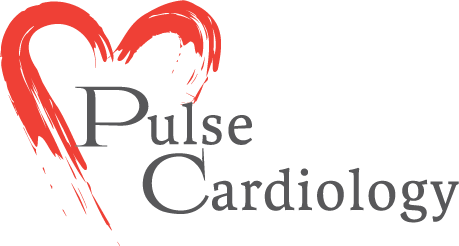What is HDL Cholesterol, Symptoms, and Treatment
In recent years, the most common question health-conscious individuals have in their minds is, ‘What is HDL?’
Well, HDL is the abbreviated form for High Density Lipoprotein. It falls under the category of cholesterol. Cholesterol is an organic chemical compound that is the building block of animal cell membranes.
What is HDL
High Density Lipoprotein or HDL is just one of the 5 known major groups of lipoproteins found in nature. HDL is known for its complex molecular structure since it contains multiple proteins. HDL is responsible for the efficient transportation of fat throughout the body of people and animals.
It is important to note that extreme levels of HDL in your blood can lead to death. When HDL levels are high in your blood, you can experience a mild stroke or even a heart attack. In case you are spared from these side effects, you can always feel chronic pain in your chest area.
Causes of HDL
HDL levels in your blood can increase to dangerous levels if you:
- Consume a lot of animal products that are rich in saturated fats such as beef, pork, ducks, steaks, bacon, eggs (from ducks), processed meat products rich in trans fats, processed food items like cookies, and instant noodles
- Do not lead an active lifestyle
- Do not go for walks after spending at least two hours sitting on a chair
- Using tobacco-based or tobacco products like cigarettes, snuff tobacco or cigars.
- Consuming alcoholic beverages excessively
- Abusing prescription and recreational drugs
Symptoms of HDL
Heart attack
This is bound to happen if your arteries are experiencing a blockage due to a blood clot.
Chronic pain felt in the chest area
If the coronary arteries of your circulatory system are affected by high levels of HDL cholesterol, you might feel pain in your chest area. This is known as angina and it is a definite sign of coronary artery disease.
Stroke
This is somewhat similar to a heart attack yet it occurs in your brain. Here your brain, if kept from receiving oxygenated blood, could experience a stroke.
Treatment
You can bring down the HDL levels in your body by:
- Consuming fewer amounts of salt in your food
- Eat lots of vegetables, fruits and grains like wheat, oats and the likes
- You should bid goodbye to animal fats of all sorts and remove them completely from your diet
- Lose some weight by joining the gym or going out for walks
- By staying away from recreational drugs, soft drinks, tobacco products, and alcoholic beverages
- Keep your anger and stress levels under control
To conclude, normal levels of HDL cholesterol is good for your heart but as you can see in the above sections, an excess of the same could prove fatal for you! The best step forward is to check the cholesterol levels in your blood at regular intervals, eat healthily and lead an active lifestyle.
If you would like to schedule an appointment with one of our highly qualified cardiologists, please click here.

